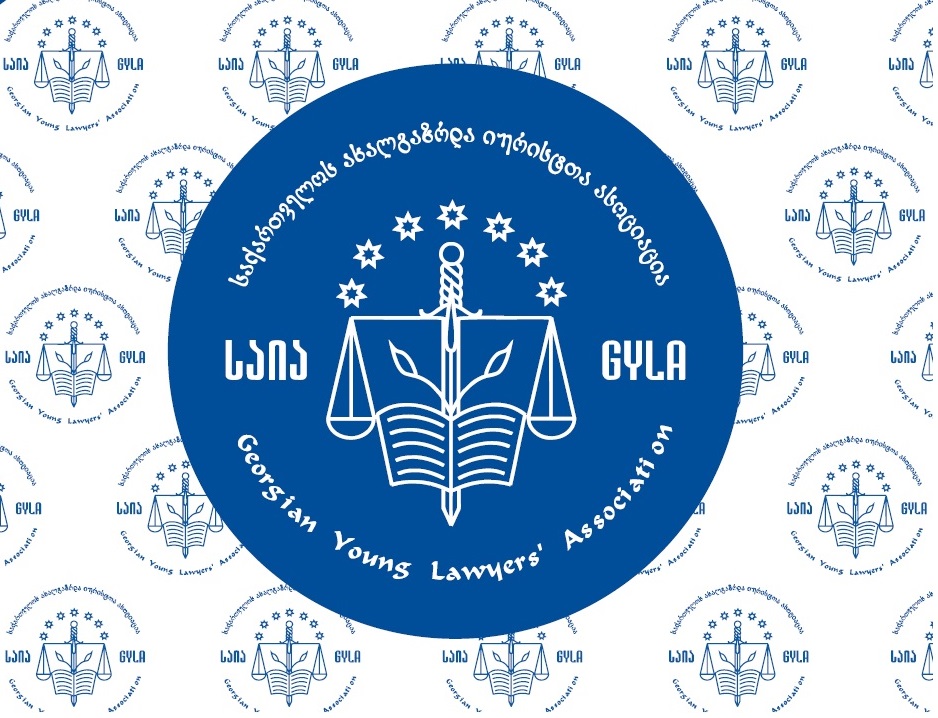


 The most important requirements of NGOs about political and criminal liability of persons linked to the systemic facts of torture and inhumane treatment, as well as about comprehensive and objective investigation remain unanswered.
The most important requirements of NGOs about political and criminal liability of persons linked to the systemic facts of torture and inhumane treatment, as well as about comprehensive and objective investigation remain unanswered.
NGOs held a press-conference about the issue today, on September 24, 2012, and released a statement.
NGOs still demand that the Minister of Justice of Georgia and the Chief Prosecutor claim political responsibility of systemic practice of torture and inhumane treatment, as facts of torture and ill-treatment were encouraged and have grown into a systemic problem amid pro forma and ineffective investigations during their tenure. Otherwise, it is impossible to have a reasonable expectation of effectual and comprehensive investigation and prosecution.
Further, we reiterate our demand about examining culpability of senior officials in frames of the investigation. As current systemic problems have originated many years ago, the investigation should address criminal liability of former chiefs of the penitentiary system.
Numerous examples of ineffective investigation lead us to believe that the office of the chief prosecutor will once more fail to duly investigate the facts of torture and ill-treatment. Therefore, we deem it necessary to impose the mandate and the responsibility to investigate into the facts of ill-treatment on an individual public prosecutor within the system of the chief prosecutor’s office. The public prosecutor will enjoy high level of public trust and will investigate into the alleged facts of ill-treatment by utilization of human or technical resources under his/her subordination. Further, civil society representatives should be given an opportunity to nominate a candidate for the position of public prosecutor.
In order to ensure high level of public involvement in the process of investigation as well as monitoring, we deem it necessary to set up a board within the office of the public prosecutor, manned by relevant professionals – lawyers, doctors and psychologists. The board will interview prisoners at penitentiary establishments throughout Georgia, collect and provide evidence to the public prosecutor. Further, the board will oversee the process of investigation. Due and adequate investigation into the facts of torture and ill-treatment will be possible only when these mechanisms exist.
Representatives of NGOs believe that under the circumstances, in addition to political and criminal liability of relevant officials and effective investigation, due attention must be paid to protection and rehabilitation of victims of torture and members of their families.
It is necessary to take measures for ensuring safety of victims of torture, which will also contribute to effective and objective investigation. Investigation must be conducted in consideration of psychological traumas inflicted to them and their families. In order to prevent further traumatizing of prisoners and members of their families, we must particularly refrain from publicizing identity of victims of torture and releasing footage by media outlets that will allow identification of the victims.
As far as we are aware, the Government of Georgia has not yet taken any steps for psychological assistance and rehabilitation of victims of torture, which is completely unjustified. It is necessary to start the process of medical, psychological and social assistance and psycho-social rehabilitation of victims of torture and members of their family, with the involvement of specializing NGOs and professional communities. We believe that the Ministry of Labor, Health and Social Affairs of Georgia must be tasked with taking care of physical and mental health of victims of torture and members of their family, in cooperation with NGOs providing corresponding service.
Lastly, amid public interest and the panic among members of prisoners’ families, it is necessary to keep public permanently and actively informed about course of the investigation, situation in the penitentiary establishment and measures undertaken to eliminate systemic problems. Further, we demand making public the report of the MCLA’s human rights division at the general inspection, directly tasked with monitoring of human rights situation in facilities for deprivation and restriction of freedom, as well as revealing and adequately responding to facts of torture, inhumane treatment and punishment.
ჯ. კახიძის #15, თბილისი, საქართველო, 0102 ; ტელ: (995 32) 95 23 53; ფაქსი: (995 32) 92 32 11; ელ-ფოსტა: gyla@gyla.ge; www.gyla.ge
15, J. Kakhidze str. 0102, Tbilisi, Georgia. Tel: (995 32) 95 23 53; Fax: (995 32) 92 32 11; E-mail: gyla@gyla.ge; www.gyla.ge